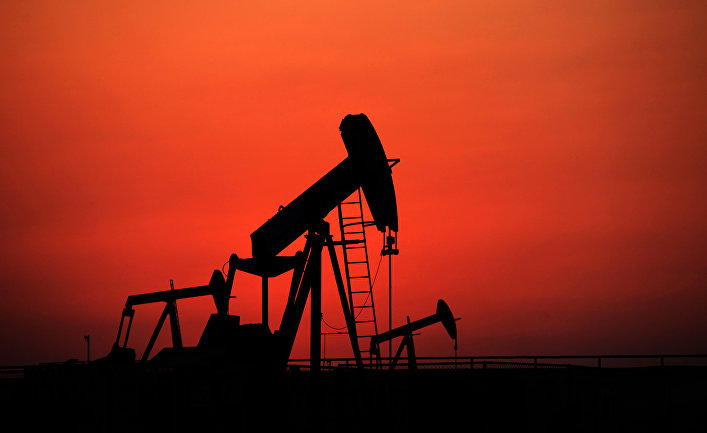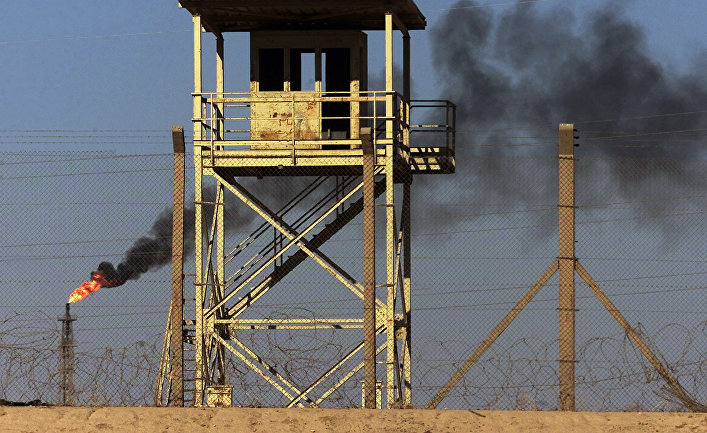The Paris terror attacks accelerated the formation of coalition forces to combat the self-proclaimed Islamic State (ISIL). David Cameron tabled a vote in the House of Commons in Britain in support of British armed forces participating in operations against ISIL in Syria, just as in Iraq. Germany has also responded to Hollande's call – this week the Bundestag will debate a proposal to send 1200 soldiers to the Middle East.
The air attacks on the jihadists by a coalition headed by the USA have failed to achieve their intended objective satisfactorily, and will be unlikely to do so until Barack Obama and Vladimir Putin reach agreement about the future of Bashar al-Assad in Syria. They are unable to agree about the bombing targets, and the downing of a Russian warplane by Turkey on the Syrian border only added to diplomatic furore which has already overflowed.
Last Wednesday it was possible to judge Russia's angry reaction by the pressure which Vladimir Putin is now bringing to bear on Russia's NATO-member neighbors. Moscow deplored Montenegro's decision to join NATO as 'a provocation.' Against the background of this Cold War atmosphere, officials from the Russian Ministry of Defense organized a Press Conference last Wednesday, showing satellite images of oil-tanker trucks, which are allegedly delivering supplies of oil from ISIL facilities in Syria and Iraq across the border into neighboring Turkey. Russia's Deputy Defense Minister said: “Turkey is the biggest consumer of the oil which is stolen in Syria and Iraq.” The Kremlin went even further, accusing Turkish President Erdogan and members of his family of direct involvement smuggling oil from ISIL-controlled regions.
Iran ready to present proof of Turkey’s oil trade with ISIS – Tehran official https://t.co/QNhyYDs1oN pic.twitter.com/TGpPosfnO7
— RT (@RT_com) December 5, 2015
The revelations – immediately dismissed as 'slander' by Ankara – have to be taken in the context of the war of words going on between the two countries – but nevertheless they cannot be dismissed. We have evidence in front of us that one of ISIL's main funding sources comes from oil extracted in ISIL-controlled regions – and which is being flogged-off half-price as way to replenish the terrorist coffers. The annual budget of the terror organization, as estimated by Le Monde, comes to nearly three billion euros.
Obama talking about cutting off ISIS money efforts. But have Saudi Arabia, UAE, Kuwait, Qatar etc arrested significant private donors?
— Lee Fang (@lhfang) December 7, 2015
That kind of spending-power is not only sufficient to recruit, arm and train jihadists, but also to provide the logistics for an entire terror network, that enables ISIL to carry on its operations independently of the areas which are being hit in the bombings. The United States says that that the rebuilding costs and loss of income for those who depend on the oil industry is a sufficient argument for halting the air strikes against infrastructure which lays in ISIL hands. This argument sounds plausible enough until we ask one question – why not follow the columns of tankers, to see who the buyer is, that's financing terrorism by buying-up this cut-price oil?







